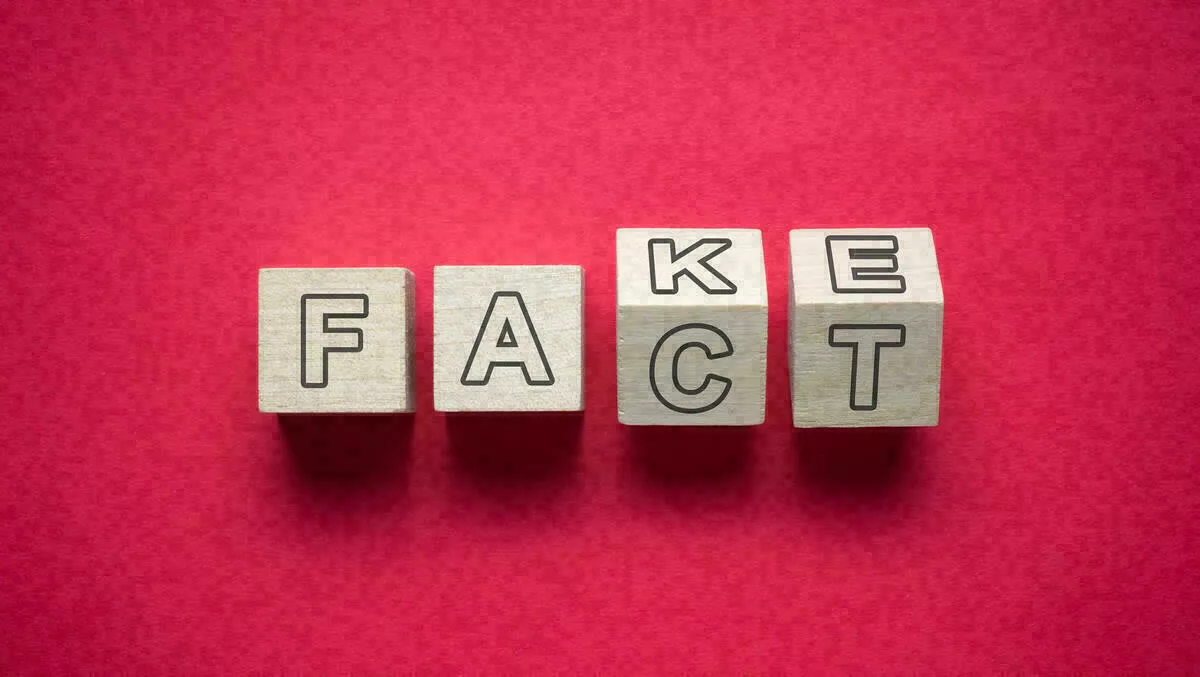
Kiwi ambivalence to fake news leads to millions lost to cyber criminals
New Zealanders are not responding well to the 'fake news' that is inundating the internet, according to a statement from NZTech.
NZTech chief executive Graeme Muller says, "Potentially the biggest tech issue New Zealanders will confront next year, will be the growing impact of fake news and an inability to discern real from fake.
"With massive increases in scams and phishing, criminals are benefiting from Kiwis cyber ambivalence, stealing more than $3.8 million in the last quarter alone," he says.
An example of fake news is the anti-vaxxers in the United States that bombarded the Samoan government's website claiming the vaccination was the cause of the measles epidemic.
A recent survey of New Zealanders found that many consider urban myths to be real. Of those surveyed, 46% still consider 5G radio waves will be harmful to humans, even following the Prime Minister's chief science advisor publishing an analysis of the scientific evidence to the contrary.
According to NZTech, the scale and reach of social media make it easy to propagate opinions as if they are facts, and as people are naturally prone to confirmation bias those scrolling the web subconsciously gravitate toward information that reinforces already held opinions. This enables fake news to thrive, NZTech states.
Furthermore, deep fakes, such as video footage that is created by artificial neural networks to look real, advance this issue further.
NZTech states that New Zealand may be targeted for testing in the latest wave of tech-enabled social engineering ahead of the 2020 election, with many potentially not knowing what is real or fake.
This is an opportunity for media to collaborate and create a trust mark - only publishing news that they can guarantee is real, the organisation suggests.
With CERT NZ highlighting that cybersecurity issues are at an all time high, trust and security are critical enablers of a successful digital nation and these trends further reinforce why the successful delivery of the digital technology curriculum at all schools for students in years one to ten starting next January is essential, NZTech states.
NZTech is an non-governmental organisation that is supported by more than 1,000 organisations working together with the shared aim of creating a prosperous New Zealand underpinned by technology.


